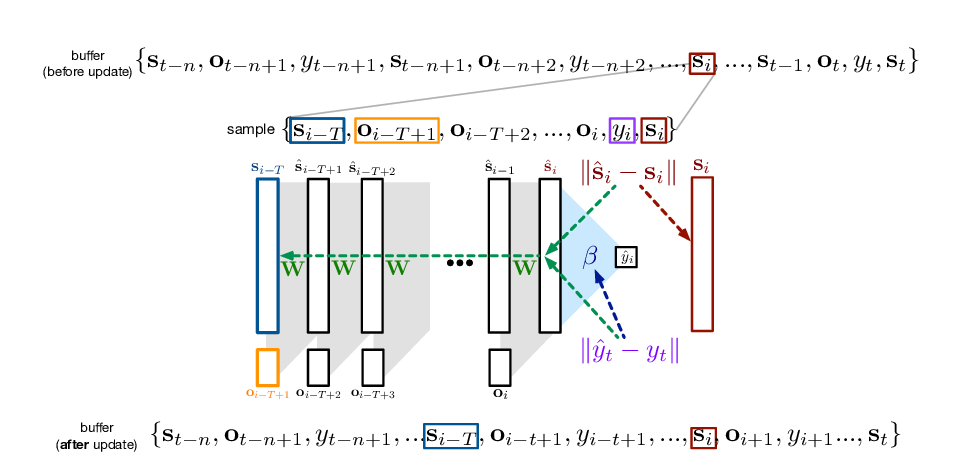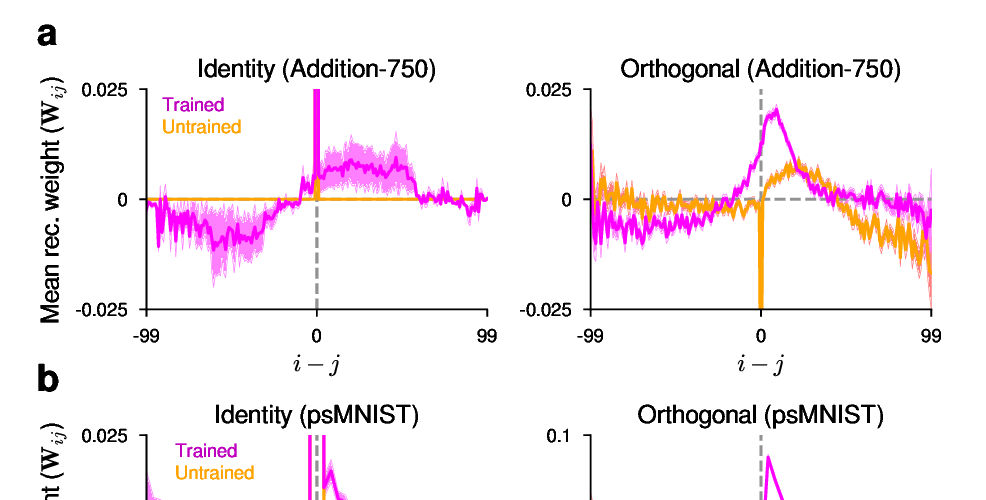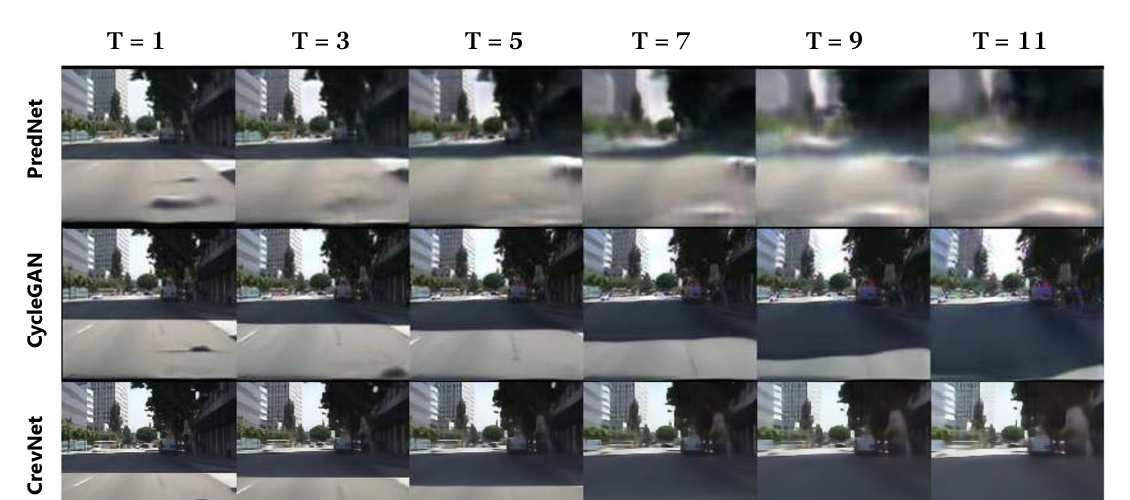Abstract:
Recurrent neural networks (RNNs) are particularly well-suited for modeling long-term dependencies in sequential data, but are notoriously hard to train because the error backpropagated in time either vanishes or explodes at an exponential rate. While a number of works attempt to mitigate this effect through gated recurrent units, skip-connections, parametric constraints and design choices, we propose a novel incremental RNN (iRNN), where hidden state vectors keep track of incremental changes, and as such approximate state-vector increments of Rosenblatt's (1962) continuous-time RNNs. iRNN exhibits identity gradients and is able to account for long-term dependencies (LTD). We show that our method is computationally efficient overcoming overheads of many existing methods that attempt to improve RNN training, while suffering no performance degradation. We demonstrate the utility of our approach with extensive experiments and show competitive performance against standard LSTMs on LTD and other non-LTD tasks.



